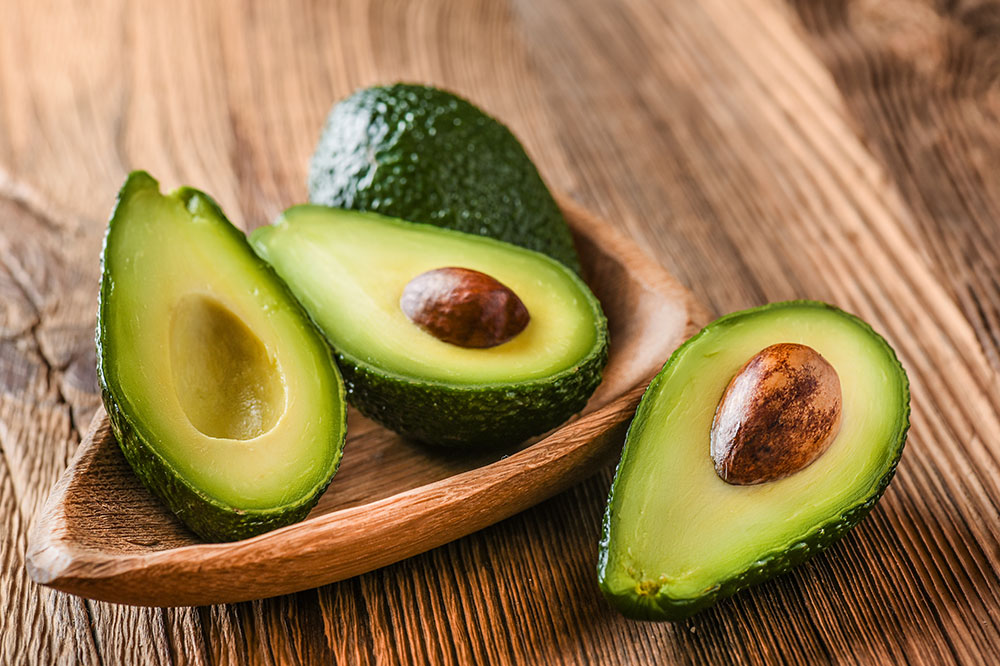Comprehensive Nutritional Strategies for Effective Diabetes Management
This comprehensive guide explores essential nutritional strategies for effective diabetes management. It emphasizes high-fiber foods, smart carbohydrate choices, omega-3 fatty acids, healthy fats, and foods to limit. Incorporating these dietary tips can help regulate blood sugar levels, reduce cardiovascular risks, and improve overall health. Suitable for individuals with diabetes or those looking to prevent the condition, this article offers actionable advice for maintaining a balanced, nutritious diet tailored specifically for blood sugar control and long-term wellness.

Comprehensive Nutritional Strategies for Effective Diabetes Management
Managing diabetes effectively requires more than medication; it fundamentally involves adopting a well-balanced and mindful diet. Proper nutrition empowers individuals to regulate blood sugar levels, prevent complications, and improve overall quality of life. Developing an optimal diabetic diet encompasses understanding the right foods to include, the ones to limit, and the best practices to maintain stable glucose levels. This article provides an in-depth exploration of essential nutritional tips tailored specifically for those aiming to manage diabetes proactively.
The Significance of a High-Fiber Diet
Incorporating high-fiber foods into daily meals is one of the most effective strategies for diabetes management. Dietary fiber slows glucose absorption, preventing spikes in blood sugar levels after meals. Fiber-rich foods include a variety of vegetables, such as broccoli, spinach, and carrots, as well as nuts like almonds and walnuts. Legumes such as lentils, chickpeas, and beans are also excellent sources of fiber. Whole grains—including brown rice, oats, barley, and whole wheat products—play a vital role in maintaining glucose stability and promoting digestive health. Consuming sufficient fiber can also lead to better weight management and reduced cholesterol levels, both crucial aspects for individuals with diabetes.Making Smart Carbohydrate Choices
Carbohydrates directly impact blood sugar levels, making their selection critical for diabetes control. The focus should be on consuming complex carbohydrates rather than simple, refined sugars. Complex carbs, found abundantly in vegetables, fruits, whole grains, and low-fat dairy, break down more slowly, resulting in gradual increases in blood sugar. For example, choosing oats over sugary cereals or opting for fresh fruits like berries and apples instead of processed fruit juices can significantly improve glycemic control. It's also beneficial to monitor carbohydrate intake and distribute it evenly throughout the day, avoiding large carbohydrate loads in one sitting to prevent spikes.Omega-3 Fatty Acids and Their Role in Diabetes Care
Including omega-3-rich foods in your diet offers numerous benefits for individuals managing diabetes. Omega-3 fatty acids help reduce inflammation and support cardiovascular health, which is essential since diabetics are at increased risk for heart disease. Fatty fish such as salmon, mackerel, sardines, halibut, and tuna are excellent sources of omega-3s. Regular consumption of these can help regulate blood glucose levels and lower triglycerides, contributing to improved metabolic functions. For those who do not consume fish, omega-3 supplements derived from algae or flaxseed oil can serve as alternatives, but it’s advisable to consult a healthcare professional before making significant changes.Incorporating Healthy Fats into Your Diet
Not all fats are detrimental—certain healthy fats are beneficial and can support blood sugar management. Monounsaturated fats found in avocados, olives, and olive oils, as well as polyunsaturated fats present in nuts like walnuts and seeds, help improve insulin sensitivity. Using these fats as cooking ingredients or snack choices can enhance diet quality. However, portion control remains essential because healthy fats are calorie-dense. Overconsumption could lead to weight gain, which complicates blood sugar control. Including a variety of these fats in moderation can provide essential fatty acids and help sustain energy levels throughout the day.Foods to Limit or Avoid for Better Blood Sugar Control
Effectively managing diabetes also involves reducing or avoiding foods that challenge blood sugar stability and contribute to cardiovascular risk. High-cholesterol foods such as egg yolks, organ meats, and certain full-fat dairy products should be consumed sparingly. Processed foods containing refined sugars, trans fats, and excessive sodium are detrimental to health and should be minimized or eliminated. Red meats and fatty cuts of meat are also best consumed in moderation due to their saturated fat content. Instead, focus on lean protein options like poultry, fish, and plant-based proteins. Making these dietary adjustments can greatly reduce the risk of complications such as heart disease, neuropathy, and kidney problems, ultimately supporting long-term health for diabetics.In conclusion, adopting a comprehensive and balanced nutritional approach is essential for effective diabetes management. Incorporating high-fiber foods, choosing complex carbohydrates, including omega-3-rich sources, consuming healthy fats, and limiting foods high in cholesterol and refined sugars all contribute significantly to stabilizing blood sugar levels. Combined with regular physical activity and medical guidance, these dietary strategies can help individuals living with diabetes lead healthier, more active lives with reduced risks of complications. Emphasizing nutrition as a cornerstone of diabetes care empowers patients to take control of their health and achieve better long-term outcomes.





